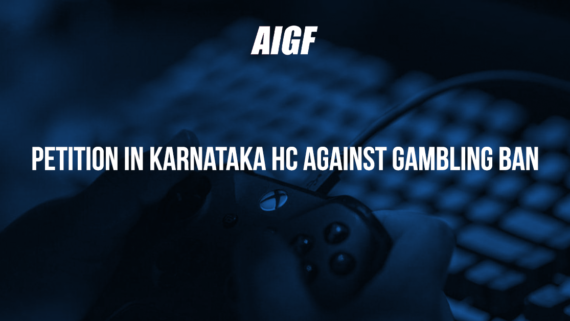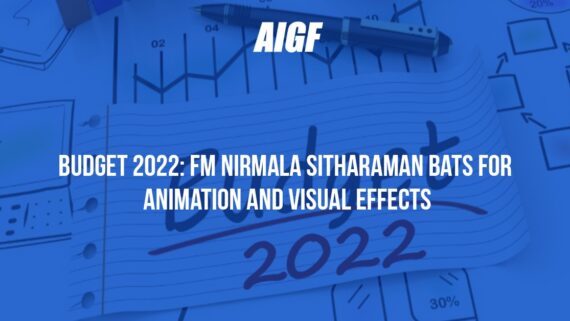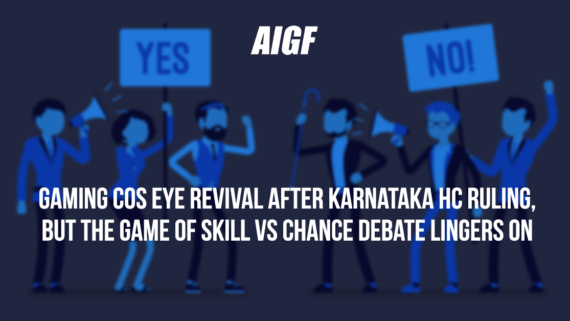AIGF urges Govt. to allow FDI in gambling industry
Gambling in India has long been a part of the culture and history of the country. In fact, gambling halls were legal in India for centuries until British colonial authorities banned gambling in 1867. Currently thirteen Indian states offer lottery, six states allow horse racing, and two states currently allow and offer some sort of casino based gaming.
India’s gamers show an affinity for a variety of different gaming experiences, including online wagering, horse track wagering, sports betting and casino gaming. Sports wagering, although technically illegal, occurs regularly in India with verve and passion. Card games like Flush and Rummy are also extremely popular in clubs throughout metropolitan areas, illegal gambling halls, and in households during large holidays like Diwali.
In spite of the available and attractive legal gaming opportunities spread throughout the country, this industry is yet to realise its full potential. Despite this fact, millions of Indians still partake in some form of gambling each year by visiting casinos abroad, leading to their money moving to wallets outside India, which if contained can generate revenue for the States, with respect to tax.
Most gamblers in India prefer to visit locations like Singapore, Malaysia and Macau as they are a lot closer than the United States and travel expenses are also a lot cheaper. In fact, Indian visitation cracked Macau’s top ten visitor source markets in 2015.
However there is also a strong market segment of VIP gamblers in India who have money to spend and don’t mind a yearly or half yearly trip to Las Vegas.
The number of Indians visiting Las Vegas has continued to grow over the years and India now ranks within the top ten countries from which tourists visit.
According to visitor data and statistics, Indians are one of the fastest growing groups of visitors to the United States. The number of Indian tourists grew more than 75 percent between 2009 to 2014 & touched almost 1.1 million in 2015, overtaking Italy as the 11th largest tourist group to the United States.
According to the office’s projections, Indian tourism will top 1.4 million by 2020, a compounded annual growth rate of 6.6 percent, which is second highest after only China among top 20 source countries.
CEO of All India Gaming Federation, Roland Landers said, “Even though many Indians demonstrate a strong propensity for casino gaming, casinos are not readily available or accessible in the market today as they are often an airline flight or more away. At this time, only two Indian states, Goa and Sikkim, allow some form of casino gaming. Sikkim offers two casinos, while Goa offers around fifteen. The Union Territory of Daman and Diu also permits casino gaming; however, its first casino is still awaiting the approval of its gaming license.”
He further said, “India has a large, prosperous economy, an enormous population, and favourable gaming habits. Today, the Indian gaming patron is not appropriately served by attractive, proximate gaming destinations. The existing gaming markets in and near India generally offer an unattractive gaming product that could be easily and vastly improved. Other gaming destinations fail to adequately market or cater to the Indian gamer. Even so, Indians continue to demonstrate a proclivity for gambling, as many Indians frequent legal casinos domestically and seek out gaming opportunities abroad, which is a huge loss to state revenues.”
Without access to an appropriate amount of attractive gaming facilities today, the Indian gaming market is far from reaching its potential.
In the long term, Indian States and the federal government must consider and recognize the significant economic contributions that integrated casino resort developments can bring to their communities in the form of job growth, tax revenue and tourism.
One of the most efficient ways to do the same is by allowing Foreign Direct Investment which will open doors to superior technology providers & shall aid in the growth of gaming industry which at present is at a nascent stage.










Comments
No comment yet.